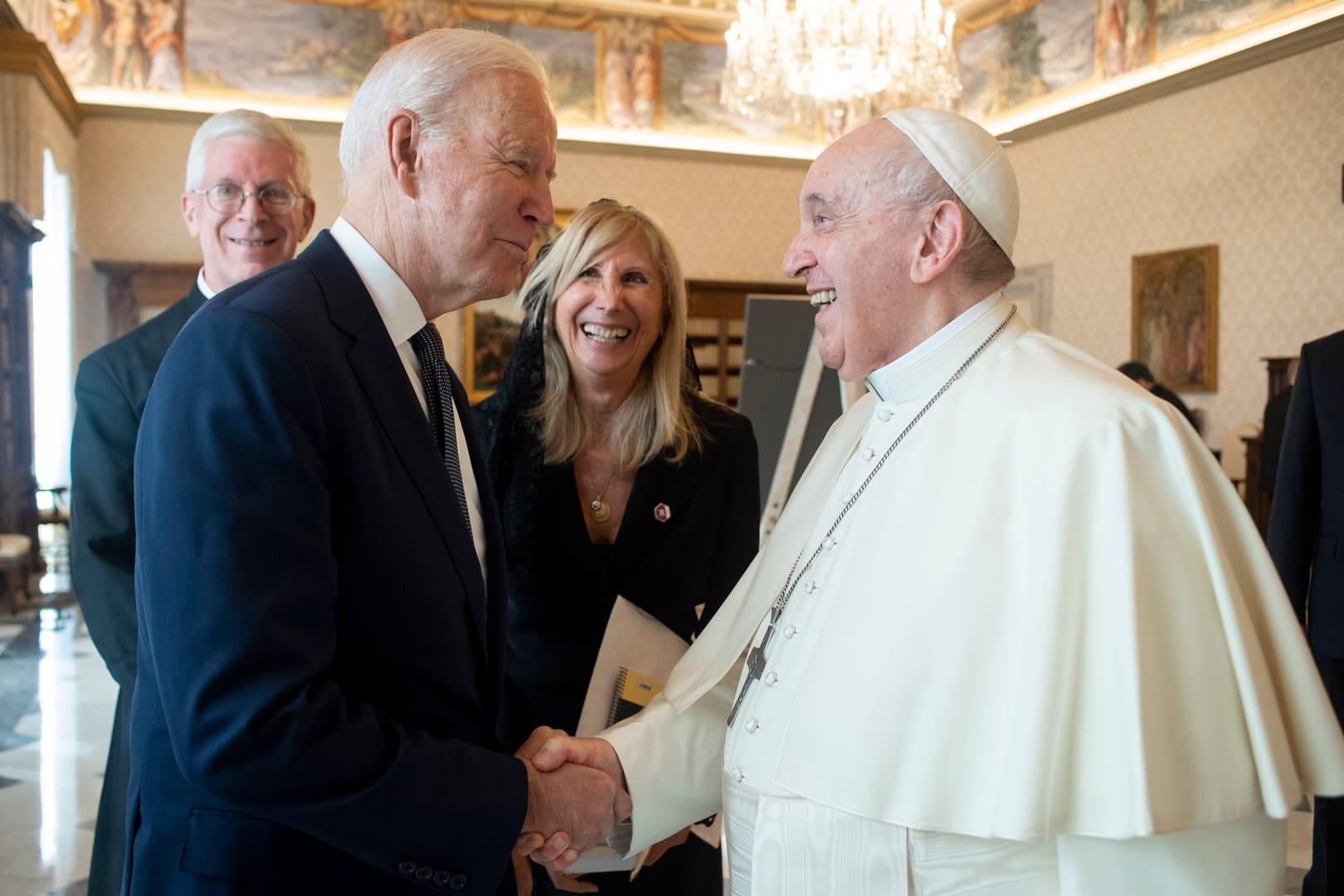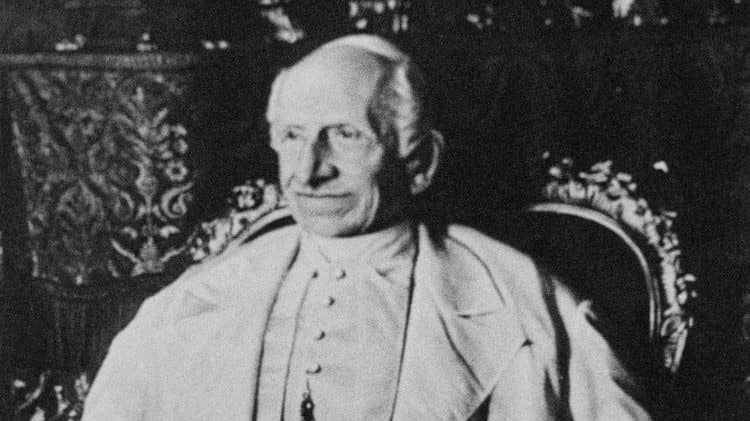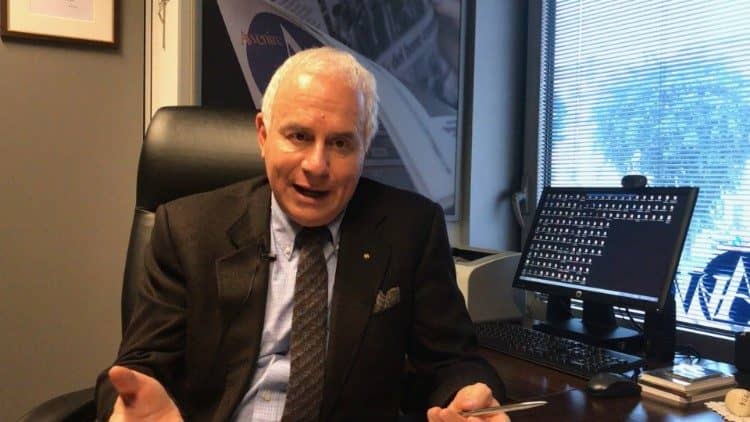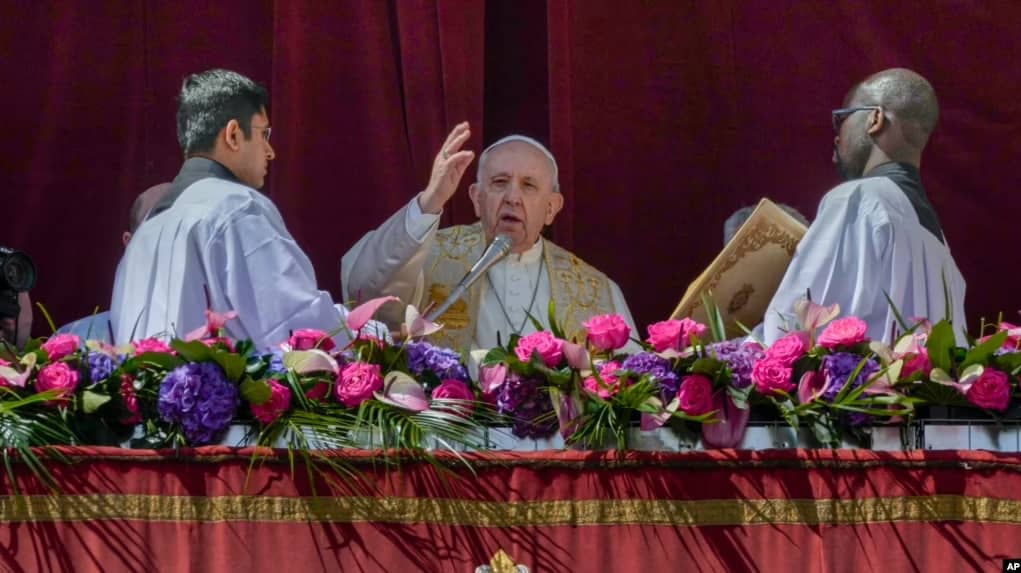ROME – Truth, they say, is the first casualty of war. A journalistic analog might be, “Context is the first casualty of hype.” When you want to bang something like a cheap drum, the first rule is to avoid any context that might make the situation appear more complicated, less straight-forward, than simplistic narratives would suggest.
This weekend has offered a classic example with regard to US President Joe Biden’s keenly anticipated tête-à-tête with Pope Francis.
In some American Catholic circles, the fact that the pontiff received Biden without reading him the riot act over abortion is a source of deep irritation. Similar objections were lodged when previous popes met with Presidents Bill Clinton and Barack Obama, though the backlash with Biden is even more intense given that he’s Catholic.
Taken in isolation, it may indeed be difficult to understand why the pope wouldn’t lean harder on the abortion issue, given what a defining concern it is for the Catholic community in the United States. Every time a pope fails to bring the hammer down in one of these meetings with an American leader, some American Catholics can’t help feeling abandoned or betrayed.
Context, however, is king.
Consider that over the weekend, Joe Biden wasn’t the only head of state who came calling on Pope Francis. Friday also brought a summit with President Moon Jae-in of South Korea, while Saturday saw Francis sitting down with Prime Minister Narendra Modi of India.
Notably, both Moon and Modi have records on abortion arguably just as dubious, from a strictly Catholic point of view, as Biden’s.
In South Korea, the country’s high court ruled in 2019 that a 1953 law criminalizing abortion was unconstitutional, giving legislators until the end of 2020 to repeal it. In January, the country’s parliament passed measures permitting abortion up to the 14th week of pregnancy, extending the limit to 24 weeks for a pregnancy resulting from rape.
Although Moon carefully avoided taking a strong public position on the ruling, he appointed six of the nine justices who struck down the abortion ban and is known as a supporter of gender equality and women’s rights. He’s certainly done nothing to block the transition to legalized abortion in the country, despite being himself a Roman Catholic, and despite strong opposition from South Korea’s Catholic bishops conference.
Last August Cardinal Andrew Yeom Soo-jung of Seoul and other bishops met with Moon to present him a letter advocating for pro-life policies, but to date Moon hasn’t followed the bishops’ script.
Modi, meanwhile, recently presided over the adoption of a piece of legislation known as the “Medical Termination of Pregnancy Act,” which extended access to legal abortions to unmarried women, allows all women to terminate a pregnancy up to 20 weeks and provides an additional four weeks for victims of rape and incest, and permits abortion at any point in the case of fetal abnormalities certified by a medical board.
Earlier this month, Modi touted the abortion liberation measures in a speech defending his human rights record on the country’s annual observance sponsored by the National Human Rights Commission.
So, suppose the were to adopt a strict policy of refusing to deal with any head of state whose government is perceived as “pro-abortion.”
This weekend alone, that would have meant refusing to engage the leader of the world’s most important hard power (the United States), the world’s second-largest nation by population and a nuclear power (India), and a pivotal Asian nation and the most important neighbor of one the world’s few remaining pariah states in North Korea (South Korea).
In other words, it would be a prescription for isolation. In effect, it would mean the Vatican would no longer be a sovereign state attempting to act as a voice of conscience in global affairs – it would be a single-issue lobby like so many others.
Would the world really be a better place if the Vatican sacrificed its leverage on the Korean peninsula to help promote reconciliation across one of the world’s most intractable divides? Would it be better off if the Vatican gave up whatever influence it has with a Hindu nationalist government in India to promote greater respect for minority rights, including the small Christian minority in India?
Of course, one could also ask the question about the United States. Would the world be better off in the Vatican weren’t there to press American administrations about their responsibilities to Iraq after the 2003 invasion, for example, or for American policies on migrants and refugees – or, for that matter, policies on abortion and the defense of human life?
In other words, refusing to allow a relationship to be defined, or scuttled, by disagreements in one area is the price of admission to the diplomatic arena. If the pope’s interaction with the American president isn’t enough to illustrate that, the rest of the world certainly is.
In a similar fashion, a policy that a Catholic politician with an imperfect record on abortion can’t get communion would rule out not only Biden, but influential leaders of several Latin American nations, a few Asian ones, a couple of European states, and even one or two places in Africa – enough, probably, to form their own Commonwealth of the Excommunicated.
Here’s the bottom line.
The necessary context to the Pope/Biden meeting is that avoiding a clash on abortion isn’t just the Vatican’s “America policy,” and it’s not directed at American Catholics. It’s the diplomatic playbook as applied to the US under a Democrat, whether Catholic or not. That playbook didn’t start with Francis and it won’t end with him, because it’s just how statecraft is practiced, whether in the Apostolic Palace or anywhere else.
Follow John Allen on Twitter: @JohnLAllenJr

















